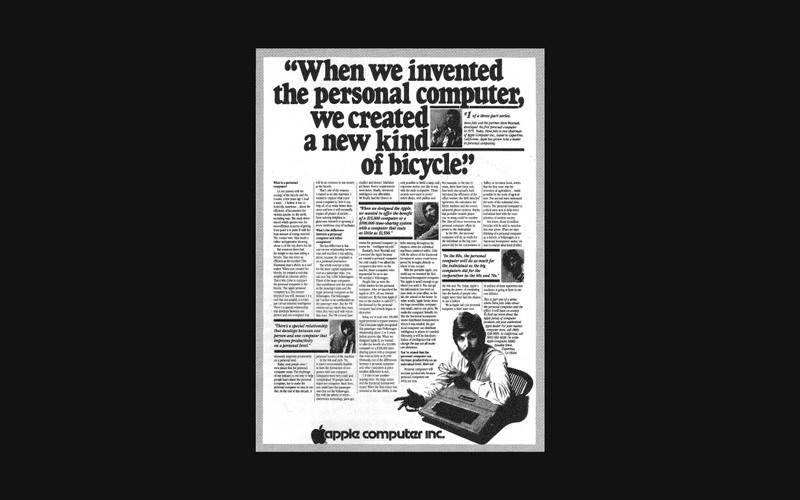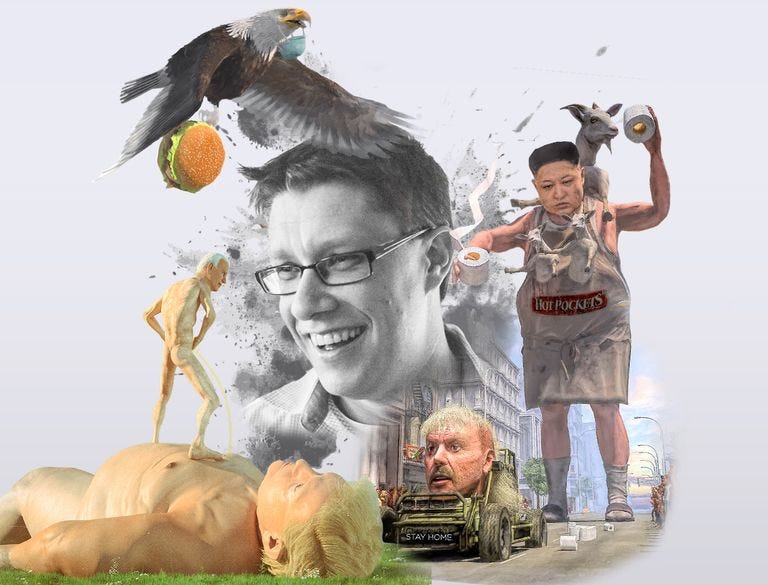Dear Artists
Yes! We are on Substack, and it is so much more fun! We might be a little late to the party but we will make it up for you with awesome content for you twice a week. So look out for us in your inbox, every Wednesday and Saturday from now onwards.
Let us begin by apologising for being erratic with our newsletters in the preceding months. We were often engrossed in projects and multiple commitments, leaving us with scarce time and resources to write the newsletter. As people who regularly receive large amounts of email, we never just wanted to contribute to the noise. We want to send you content that’s meaningful and beneficial for you, not something just to meet the deadline.
This is a newsletter for our community and we will strive every week to make it authentic and representative of the unique and vibrant voice that this community holds.
Firstly, let us tell you once again about UNREAD, an anthology comprising the works of 99 writers from all over the country, launched annually by Platform For Artists. The main aim behind UNREAD is to amplify and represent artistic voices in the country and provide a platform to budding storytellers, writers, and poets.
Though UNREAD is usually launched as hardcopies in an offline setting each year, circumstances demand that we adapt otherwise. We are delighted to announce that this year we are publishing UNREAD as an e-resource material in collaboration with Scrollstack. Though the form and the platform have changed, we still uphold the same values through UNREAD. It was and always will be about passion and conviction, it is about the artists and their extraordinary creative brilliance.
Fill out this form to be one of the featured artists of UNREAD 2021!
Here are some of the most fascinating stuff we read on the internet about the internet and the creator economy!
“I realised it was foolish of me to think the internet would ever pause just because I had. The internet is clever, but it’s not always smart. It’s personalised, but not personal. It lures you in with a timeline, then fucks with your concept of time. It doesn’t know or care whether you actually had a miscarriage, got married, moved out, or bought the sneakers. It takes those sneakers and runs with whatever signals you’ve given it, and good luck catching up.”
We seldom realize this but we are constantly leaving behind our digital imprint all over the internet, through numerous apps, websites, clouds, basically everywhere. And all of this data gets stored, distributed, analysed, and exploited by media and tech outlets all across the globe to fetch recommendations and ads for you. And though sometimes when you are looking for the perfect pair of jeans and that ad by Levis pops up making your life easier, it is not always so sunshine and rainbows. In this article, Lauren Goode elaborately talks about how her internet experience has turned into a ‘bane’ since she canceled her wedding in 2019. The article also recounts the history of this ‘memory’ technology, and how human psychology and memory are also being influenced and manipulated by these technological upheavals.
“Acknowledging that computers themselves are not inherently creative should not come as a surprise. Instead, this truth identifies an opportunity for computers to more fully assume the role of co-creator — not idea-generator, but actualiser. Furthermore, it is worth acknowledging that human creativity and innovation is not a solitary sport. In fact, most great digital innovations are the product of a commitment to collaboration and the melding of many different perspectives.”
Do you ever wonder about what creativity will look like, in a world dominated by automation and technology? Will computers replace organic creativity and completely change our understanding of creativity or will it enhance our creative possibilities? This article recounts the history of technology and its dialectical relationship with creativity and dwells deep into the concepts of standardisation, moldability, and abstraction and their impact on creative technology.
“The hit YouTuber, whose real name is Jimmy Donaldson, is working with a $2 million investment fund that will offer creators up to $250,000 in exchange for a stake in their channels. The fund, called Juice Funds, is part of a new company that Donaldson is a minority owner of called Creative Juice, which was announced this afternoon in The Information.”

MrBeast is investing a whopping 2 million dollars in a new company called Creative Juice which is aimed towards providing “equity-based financing for YouTube creators, including valuing and investing in YouTube channels.” Read this article, to find out more.
“Most influencers, Bilton tells us—even, reportedly, mega-successful ones, like Kim Kardashian—have expedited their climb to the top of the social-media pyramid by purchasing followers, in order to inflate their engagement metrics. It’s in the best interest of social-media companies and their Wall Street investors to turn a blind eye to this practice, Bilton explains, as whirring stacks of hundred-dollar bills flash on the screen, because these puffed-up numbers equal increased proceeds.”
This article gives you a closer look at the viciousness of the global influencer economy. Nick Bilton, calls his HBO documentary, ‘Fake Famous’ a “social experiment” in order to understand the mechanics of the influencer industry by casting 3 individuals and documenting their journey towards fame by capitalising on the currency of likes and followers.
“...the crypto art scene uses blockchain technology to authenticate and identify a single, unique piece of digital art. To understand how that piece of art sells for the price of a one-bedroom apartment in Brooklyn, one needs a brief primer on something called nonfungible tokens, or NFTs—digital goods that are bought and sold on emerging websites like Nifty Gateway, which hosted the Beeple auction. Nifty Gateway was founded in 2018 by the absurdly named Duncan Cock Foster, twenty-six, and his twin brother, Griffin. When asked to explain NFTs, Duncan used this analogy: Imagine you owned a pair of expensive Air Jordans. If Nike went out of business, those sneakers wouldn’t suddenly disappear from your closet. Why should digital goods—like a Fortnite skin or an original Beeple—be any different?”
There is some crazy shit happening in the world; people are paying millions of dollars in cryptocurrency for digital art that they can see for free via Instagram! Sounds crazy, right? Though it is bizarre, it is also an indication of how the world of art and money is changing. Read this article to know in detail how Beeple rose to such fame and influence with his digital artwork and how he is pioneering a revolution in the world of art.
If you are a small-business owner or an uprising artist who struggles with monetising your products or services proportionately, then have a look at this Instagram thread.
This week on Pepper Spotlight, the weekly podcast by Pepper Content, Chaitanya Kataria, Co-Founder and Business Head - Gully Gang Entertainment breaks down the nuances of collaboration, insights of working with niche content, shared stories from the rap-music work, and a whole lot more.
Being a first-mover is definitely an advantage. Especially with the way Indian media works. There is a demand for content and a boom in the internet entertainment business.
Being the first, and only all-rap-music creation house must be an overwhelming task. Being a front-runner can be seen in two ways -- one, you are the first mover who gets to set a precedence for the industry to follow. Second, you make all the mistakes, so there are fewer for the next generation to drive. Chaitanya believes it’s a little bit of both.
That is for today, we will meet you again on Saturday with another cool updates from the art and culture world.
Meanwhile, if you liked reading this newsletter, why not share it on your IG story? We will reshare all the mentions that we get today on @platformforartists
Take care you all.






